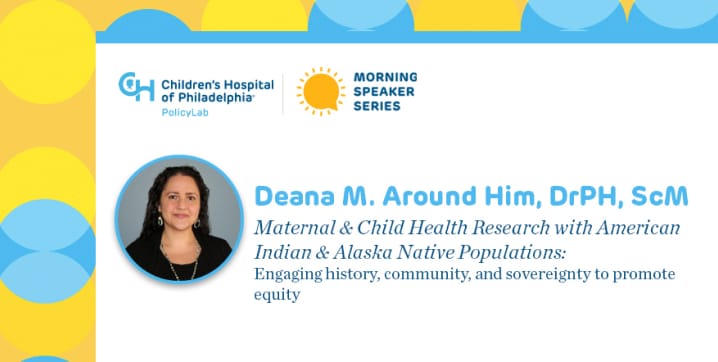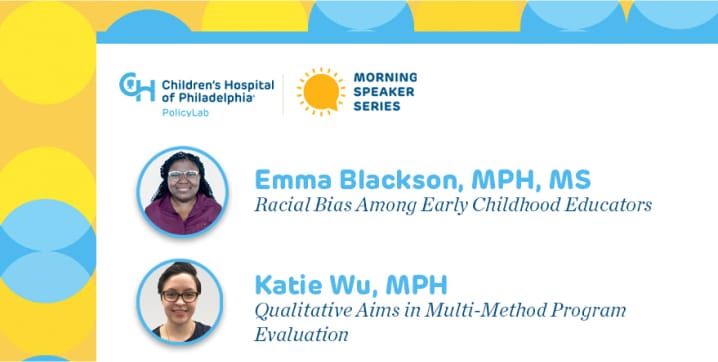Transitioning from pediatric to adult care can be especially
difficult for youth with special health care needs who may face
lapses in health care coverage, a shortage of specialized health
care providers and poor care coordination between health care
systems.
Youth living with sickle cell disease are at particularly high risk,
experiencing a seven-fold increase in mortality rates as they
transition to adulthood. Uniquely positioned to explore this
timeframe, researchers at PolicyLab, CHOP’s Comprehensive Sickle
Cell Center, and Northwell Health’s Cohen Children’s Medical Center
are collaborating to identify best practices for helping these youth
transition from pediatric to adult health care. Through a
Patient-Centered Outcomes Research Institute (PCORI) grant, the team
is examining efficacy of two interventions—a six-month community
health worker program and a mobile health application—in providing
self-management tools to youth 17 years and older with sickle cell
disease who are in the process of transitioning from pediatric to
adult care. They’re comparing the interventions to usual care to
determine if these tools improve patients’ ability to care for
themselves, stay connected with their doctors, avoid visits to the
emergency room, improve overall quality of life, and, ultimately,
transition into healthy, productive adults.





